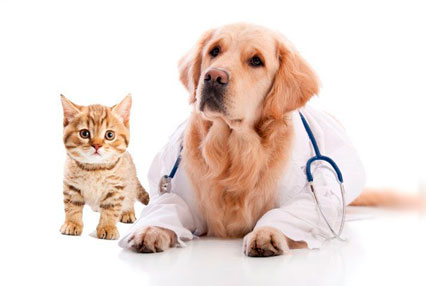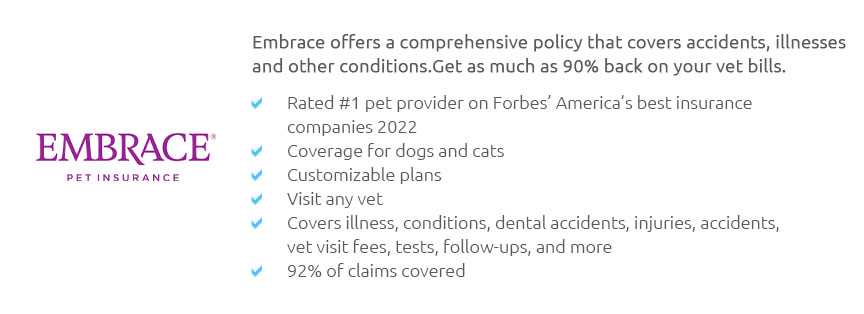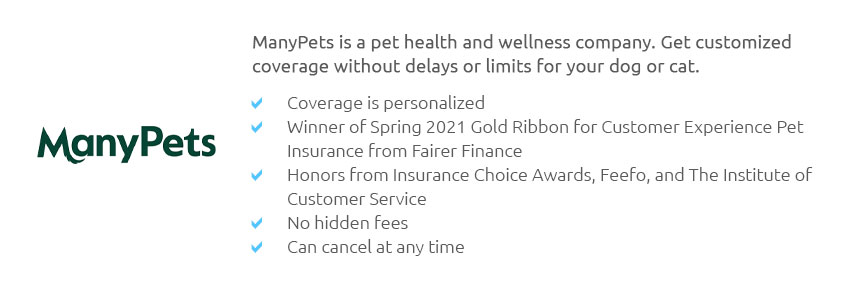 |
 |
 |
 |
 |
 |
|
 |
|
 |
|
 |
|
 |
|
 |
 |
 |
 |
 |
 |
 |
 |
Understanding Dental Insurance for Pets: A Comprehensive GuideIn the ever-evolving landscape of pet care, one topic that increasingly garners attention is dental insurance for pets. As pet owners, we often prioritize our furry companions' well-being, yet dental health is frequently overlooked despite its critical role in their overall health. Just as humans require regular dental check-ups, our pets benefit from them too, making dental insurance a subject worthy of exploration. This article delves into the nuances of pet dental insurance, examining both its benefits and potential drawbacks, with the aim of providing a balanced perspective to help you make informed decisions. At its core, pet dental insurance functions similarly to human dental insurance policies. It typically covers routine cleanings, dental exams, and sometimes even more extensive procedures like extractions or surgeries. The primary advantage of such insurance is undoubtedly financial protection. Veterinary dental procedures can be unexpectedly costly, often leading to difficult decisions for pet owners who are unprepared for such expenses. By investing in a suitable dental insurance plan, owners can mitigate these costs significantly, ensuring that financial constraints do not impede their pets' access to necessary care.
However, it is imperative to approach pet dental insurance with a discerning eye. Policies can vary widely in terms of coverage, exclusions, and limits. Some plans may not cover pre-existing conditions or certain breeds predisposed to dental issues, which could negate the benefits for some pet owners. Additionally, the cost of premiums can add up over time, especially if a policy does not align well with a pet's specific needs or health profile. It's crucial, therefore, to thoroughly research and compare plans, perhaps even consulting with your veterinarian, to ensure you select a plan that offers genuine value. In conclusion, while dental insurance for pets offers tangible benefits, it is not a one-size-fits-all solution. The decision to invest in such a policy should be based on a comprehensive evaluation of your pet's health history, potential risks, and financial considerations. As more pet owners become aware of the importance of oral health, the conversation around pet dental insurance will undoubtedly continue to evolve, reflecting the growing commitment to ensuring our pets lead healthy, happy lives. https://www.healthypawspetinsurance.com/pet-insurance-coverage-and-exclusions/dental-health
The Healthy Paws plan includes insurance for the extraction and/or reconstruction of damaged teeth if the teeth were injured by an accident. https://www.goodrx.com/pet-health/pets/does-pet-insurance-cover-dental
Yes, some pet insurance policies may cover dental care. However, there may be coverage exclusions to consider. Learn about pet dental ... https://vetster.com/en/wellness/how-much-do-dog-dental-insurance-plans-cost
The average cost of dental insurance for a dog is $66, ranging from $15 to over $90 per month. Each plan is different and has different out-of- ...
|